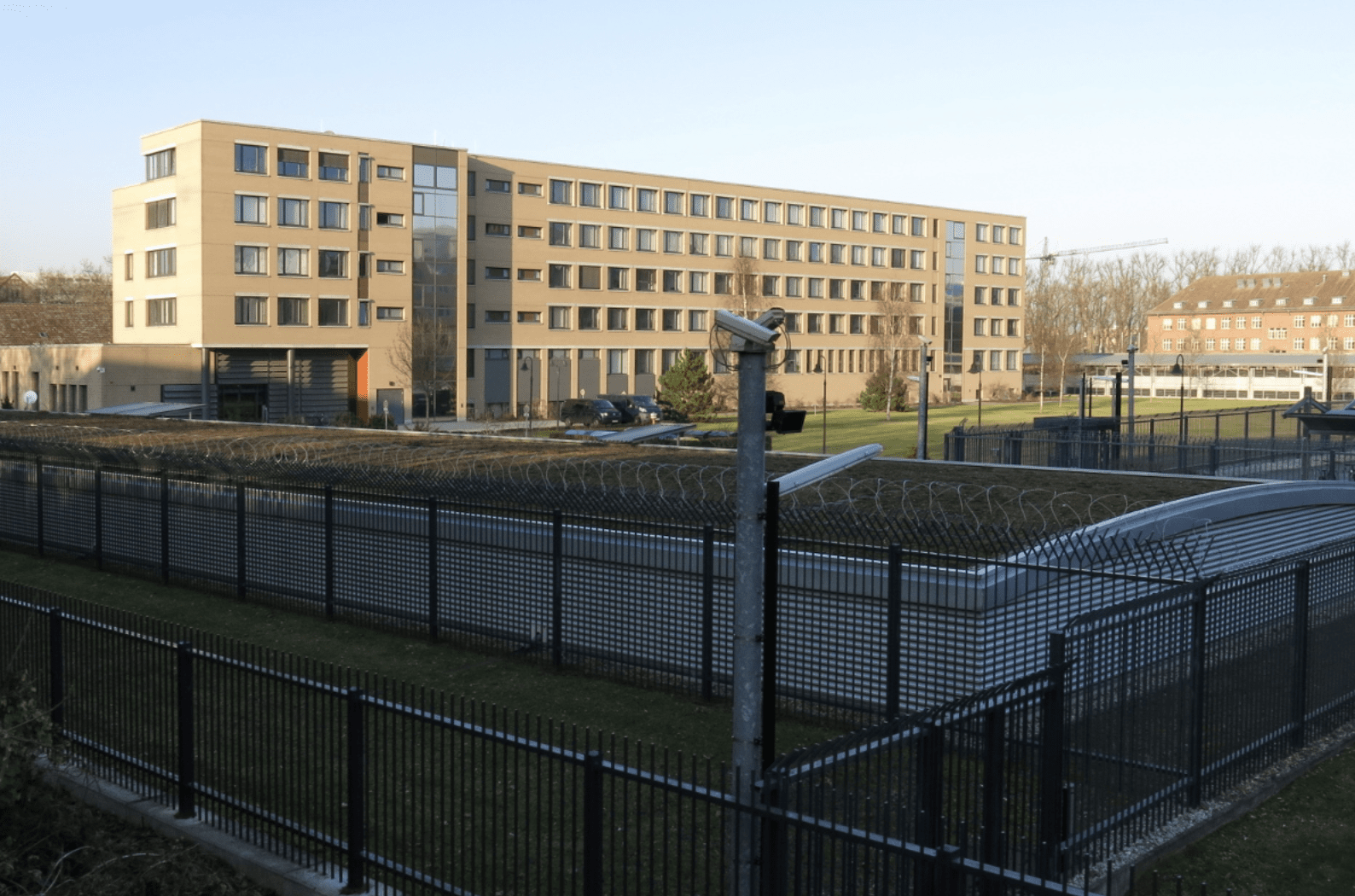
The Federal Office for the Protection of the Constitution (BfV)—Germany’s highly politicized domestic intelligence agency—has been given the green-light to conduct mass surveillance against the non-conformist, anti-globalist Alternative für Deutschland (AfD), a move which is being viewed as a circuitous attempt to stigmatize and destroy the party.
Judges in the Cologne Administrative Court have ruled in favor of a prior assessment made by the BfV, which labeled the AfD, a party with 11% of the seats in the nation’s Bundestag, as a “suspected threat” to democracy, opening the door for the domestic intelligence agency to plant informants within the party—and to utilize wiretaps and other forms of surveillance against the party’s members and politicians, Die Welt reports.
In its ruling, which dismissed a lawsuit brought forth by the AfD challenging the BfV’s classification of the party as a “suspected case of right-wing extremism,” the court claimed there was sufficient factual indications of anti-constitutional activity within the party—a claim that the AfD not only vehemently denies, but states has been leveled against them in a bid to stigmatize and destroy the party.
Furthermore, the AfD argued that the BfV’s former evaluation of the party is no longer applicable—and therefore should be expunged—given the fact that it had formally disbanded the “Der Flügel” (The Wing), a radical faction within the party claimed to have achieved leading positions in AfD associations in eastern German states like Thuringia, Brandenburg, Saxony, and Saxony-Anhalt.
The judges, however, argued that despite Der Flügel having been formally disbanded, its members were still active and influential within the party, and claimed that “Junge Alternative” (JA), the AfD’s youth organization, was inspired by “xenophobic concepts.”
Following the court’s verdict, BfV chief Thomas Haldenwang, who reports to Federal Interior Minister Nancy Faeser—an SPD politician who’s written for a far-Left Antifa publication with links to far-Left extremism—said it had been a “good day for democracy, and claimed that the AfD stands for racism, exclusion of minorities, and contempt for the social system.
For his part, AfD Chairman Tino Chrupalla said the court’s verdict came as a surprise and was disappointing. In a written statement that followed the court’s ruling, Chrupalla wrote: “We were surprised by the verdict on the classification as a suspected case. We do not share the opinion of the Cologne Administrative Court.”
“We had hoped for a different result; after all, we were able to prevail with two motions. We will now wait for the written reasons for the judgment and examine it carefully and then decide whether we will file further appeals,” he added.
The court’s ruling may have enormous implications for AfD members who are civil servants, teachers, police officers, judges, and district attorneys. According to Hans Pfeifer, a correspondent for Deutsche Welle, employers could potentially fire AfD members by claiming they’ve “failed to uphold their oath to protect the constitution.”
The case represents the first time since World War II that a German political party represented in every state parliament, the federal parliament, and the European Union parliament has been placed under surveillance by the domestic intelligence service.
The unprecedented step comes a month after Federal Interior Minister Nancy Faeser, a member of the left-wing SPD, was found to have written for a far-Left extremist Antifa publication with known links to Bund der Antifaschistinnen und Antifaschisten (VVN-BdA)—a group which has been classified as a left-wing extremist organization by the Bavarian state intelligence agency
